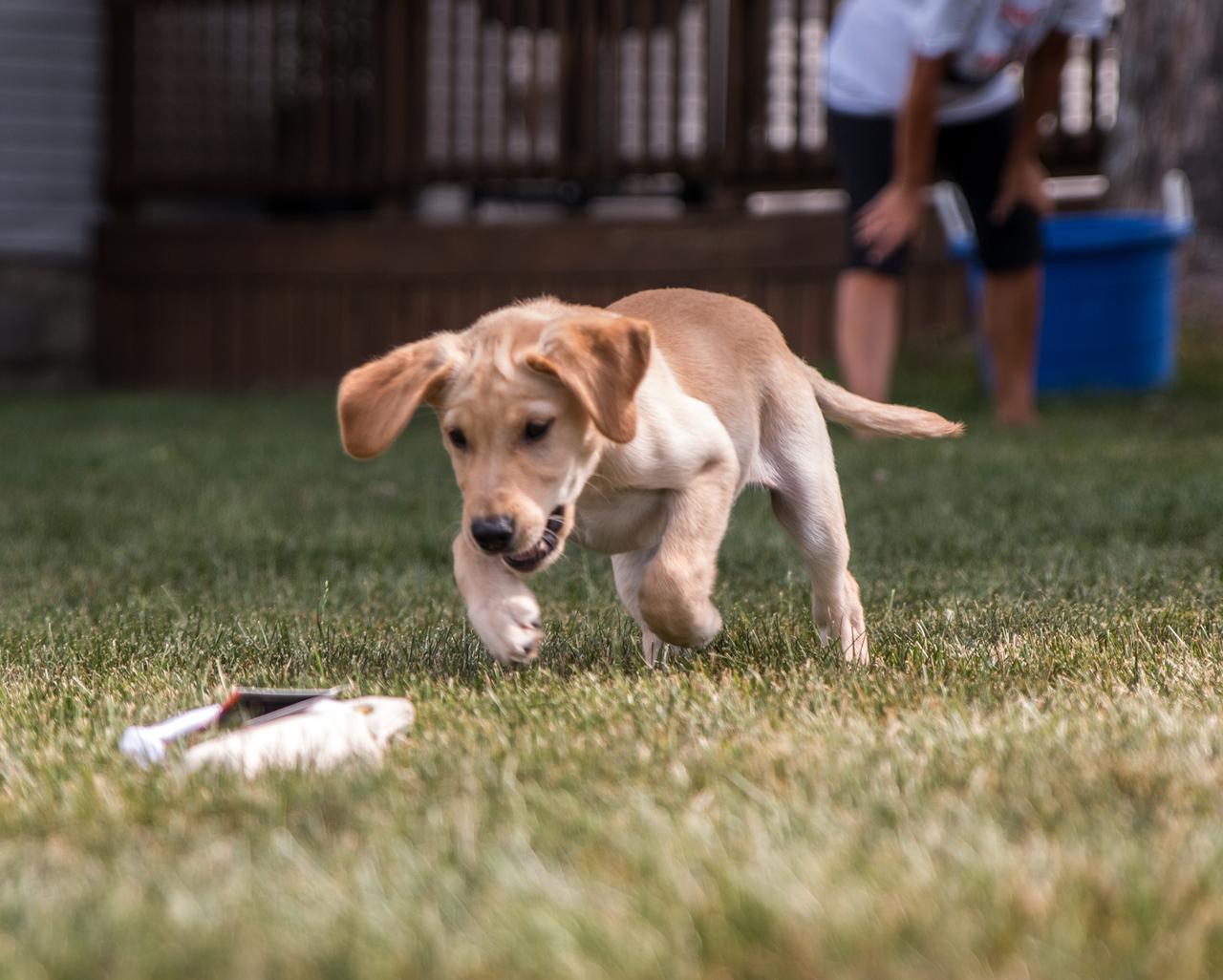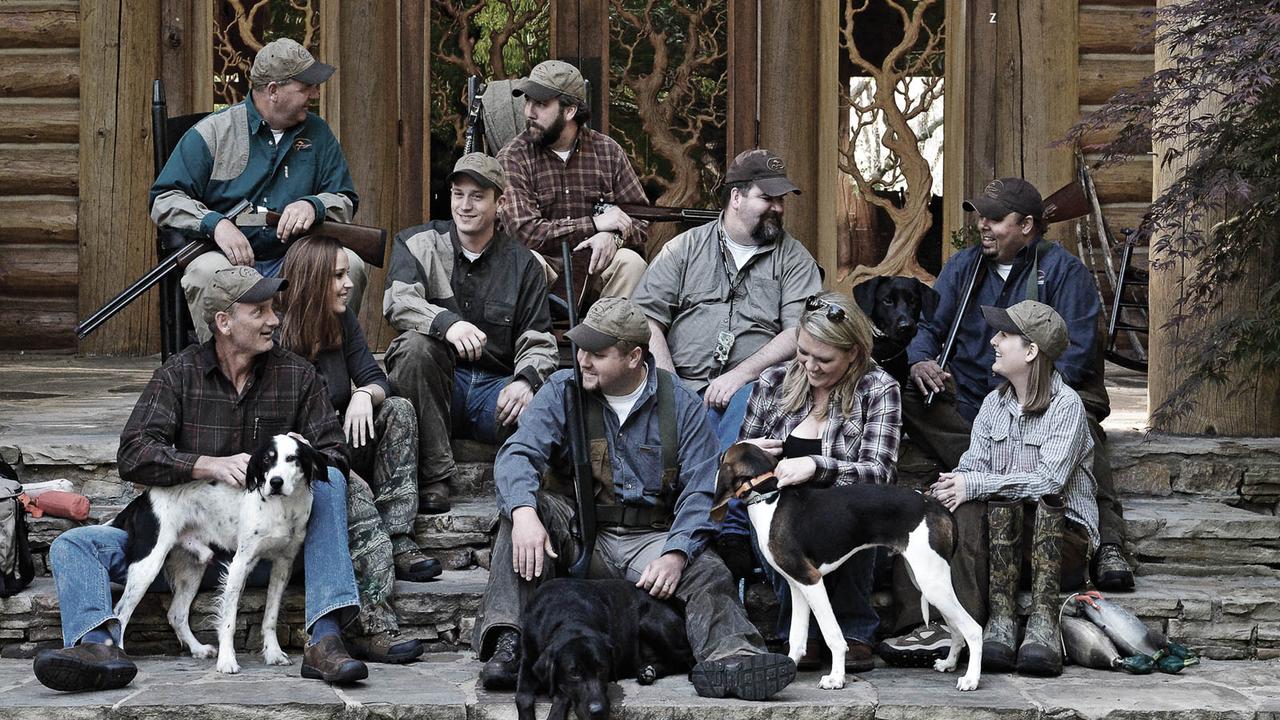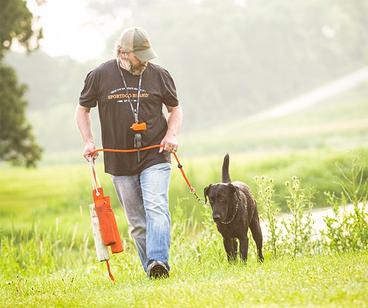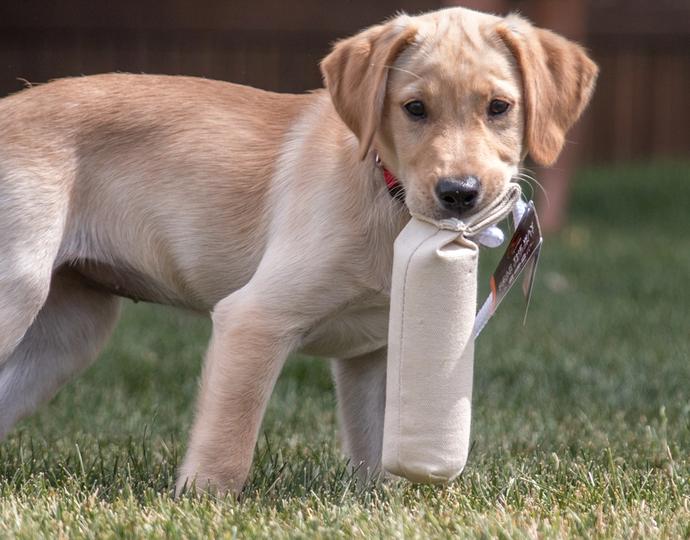
Where to Begin with Puppy Training
Posted by The SportDOG StaffThere are several different things that need to be done for and with a new puppy.
First and foremost make sure all pup's shots are on time and up to date. Find a local vet and set up a check-up for your new mate. This is one of many places you need to take your dog to socialise him/her. In my opinion, socialisation of your puppy is the most important thing to do when it comes to preparing your pup for life in the big world. A dog that hasn't been socialised might have issues his whole life, whether he's scared of new or strange people or scared of the lawn mower! Any dog, especially a hunting dog, needs to be ready and able to adapt to new situations quickly and effectively. I usually recommend starting socialisation training at 9-10 weeks, but this will vary by pup. For some, this is too early, and for others too late. Try to gauge the temperament and openness of your dog to new situations. The point is to make your dog comfortable in various situations, not terrify it.
The best thing you can do to start is take your pup with you everywhere you feasibly can. Family gatherings, tailgating at footy matches or anywhere with large groups of people will be good for your new mate. Introducing pup to gunfire is an entirely different process, and can wait until your dog is a bit older. There's heaps of time for that, and much more, down the track. For now, focus on basic training and socialisation.
After some socialisation training, it's time to get into the really fun stuff: basic training. Head to your local sports store or order a puppy training kit online that has the following: puppy-size training dummies, a Roy Gonia™ training whistle, and a check cord. Now you're ready to get your puppy fired up about retrieving! The most common blunder when attempting this is chucking too many dummies for your pup. In each session, 2-3 retrieves is the number you want to stick with. You should finish each session with your mate keen as mustard for that retrieving dummy! If you chuck too many dummies/bumpers your dog can lose interest.
Also, keep each session short to begin with, as your pup still doesn't have a big attention span. Too long a session can do more harm than good. Two to three short sessions each day is a good place to start (5 minutes per session). It's real important not to have any formal discipline with your pup at this stage. All sessions should be fun and playful in this early stage of training. You're still building your bond with your new mate, and you don't want to put too much pressure on him. Another important tip is to not steady your pup too early! By steadying I mean holding your pup back on a retrieve until sent by you. If you steady your dog too early you can dampen his desire to retrieve and we want to build that desire as much as possible at this time in his life.
Using duck wings or pigeon wings in a corridor in your house is one way to introduce your pup to feathers as well as increasing desire. In your corridor, close all doors so the pup can only go down the corridor after the wing or dummy and straight back to you. This limits his range and his ability to create bad habits.
Crate training is a very important step in puppy training. The travel crate should be where your dog sleeps and is kept until you are ready to pay attention to him. This is a critical in pup’s life: it is his safe place and nothing bad should happen to him while he is in his crate. Remember canines are den dwelling animals and that is pup’s home! Also remember to always be consistent with your dog. Don’t allow him a freebie one day then punish him the next. Consistency is very important in dog training.
If you have plenty of time to spend with pup it is best to find a local club or group to get help and advice from for further and more advanced training techniques. If you don’t have much time, it may be best to locate a professional trainer for your pup . There are also plenty of books and videos to give you step by step instructions.
Always check your local and state regulations related to dog training and the use of game birds on private and public property.

The SportDOG Staff
Related Articles

The Golden Rules of Dog Training
by The SportDOG Staff
Dog training is an art blokes have been trying to perfect since the domestication of canines. There are about as many theories on dog training as there are on raising kids. Plenty of these theories work a treat and having a few choices lets you customise your training to your dog...

Training Your Retriever with Dummies
by The SportDOG Staff
Training a retriever can be one of the most rewarding experiences any hunter can have. There are no secrets involved: just patience, repetition, perseverance, consistency and the ability to anticipate reaction. In short, the trainer needs to be just a little smarter than his pupil. This is not always as...
